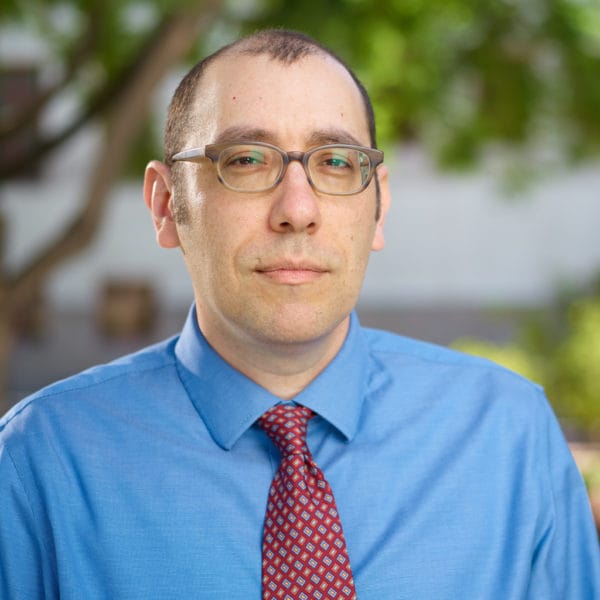Initially trained as a historian of philosophy and science, Gideon Manning has complementary interests in European intellectual, social, and cultural history. His research focuses primarily on the history and philosophy of medical and scientific ideas and practices, with particular emphasis on changing conceptions of the human and animal body, life, death, health, explanation, and nature during the early modern period and the rise of experimentation and mechanism as they relate to these concepts. He is similarly interested in historiographical questions and the long reception of the early modern period, especially in recent philosophy, medicine, and popular culture. Manning’s earliest work addressed the 17th-century natural philosopher and mathematician René Descartes, but increasingly he has turned, first, to Descartes’s transnational reception, how later 17th-century Cartesians saw themselves in relation to Descartes, and how they defined the Cartesian legacy, and second, to recovering the importance of medicine to early modern philosophy and science as a vehicle for expanding the sources and voices included in historical scholarship surrounding the so-called “scientific revolution.” Manning’s areas of specialization span early modern philosophy, the history of medicine and the life sciences, medical humanities, and contemporary bioethics.
Manning holds an AB in philosophy from Harvard University and a PhD in philosophy from the University of Chicago. He previously taught at the University of Pittsburgh and served on the faculty at the College of William and Mary and the California Institute of Technology. In 2013, he was the recipient of a “New Directions Fellowship” from the Andrew W. Mellon Foundation, allowing him to enroll as a medical student at the Keck School of Medicine of the University of Southern California where he gained specialized training that he now applies in his scholarship and teaching. Manning is a past associate editor of HOPOS: The Journal of the International Society for the History of Philosophy of Science and currently edits the Medicine Section for the Springer On-line Encyclopedia of Early Modern Philosophy and Science while also serving as the book review editor for Annals of Science. He splits his time between Early Modern Studies at Claremont Graduate University, the Program in the History of Medicine at Cedars-Sinai Medical Center, where he is a Visiting Associate Professor, and research at the Huntington Library and Gardens, where he is working on a number of projects including an edited volume on the history of death, the changing grammar of anatomical illustrations, and Descartes’s reception history.
Co-edited with Lisa Jardine. Testimonies: States of Mind and States of the Body in the Early Modern Period. New York: Springer, Forthcoming.
“Descartes and Medicine.” In The Oxford Handbook for Descartes and Cartesianism, edited by Steven Nadler, et al., 157-77. Oxford: Oxford University Press, 2019.
“Health in the Early Modern Philosophical Tradition.” In Health: A History, edited by Peter Adamson, 180-221. Oxford: Oxford University Press, 2018.
Co-edited with Cynthia Klestinec. Professors, Physicians and Practices in the History of Medicine: Essays in Honor of Nancy Siraisi. New York: Springer, 2017.
The Theatre of Nature: Knowing and Collecting the Early Modern World
